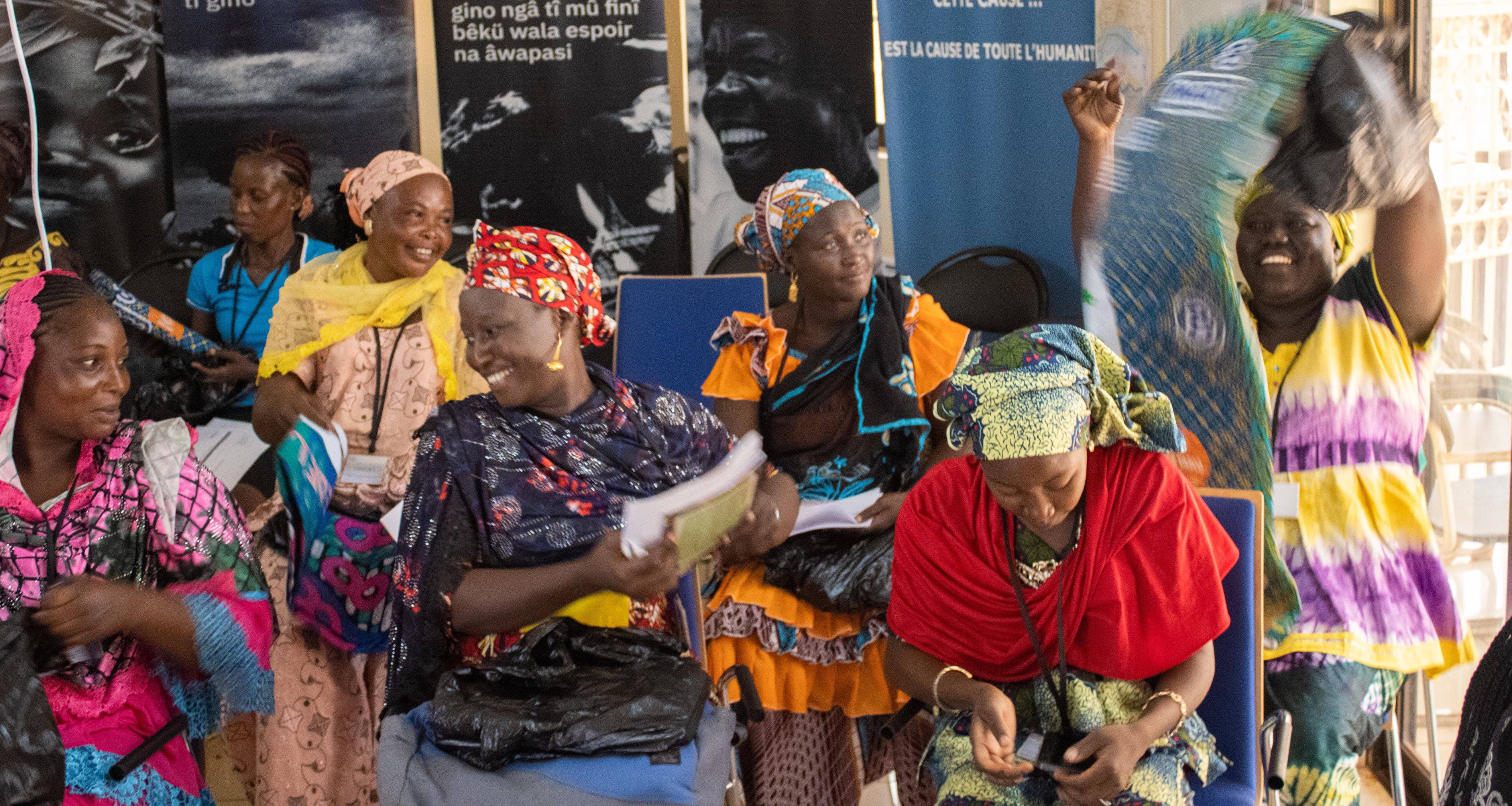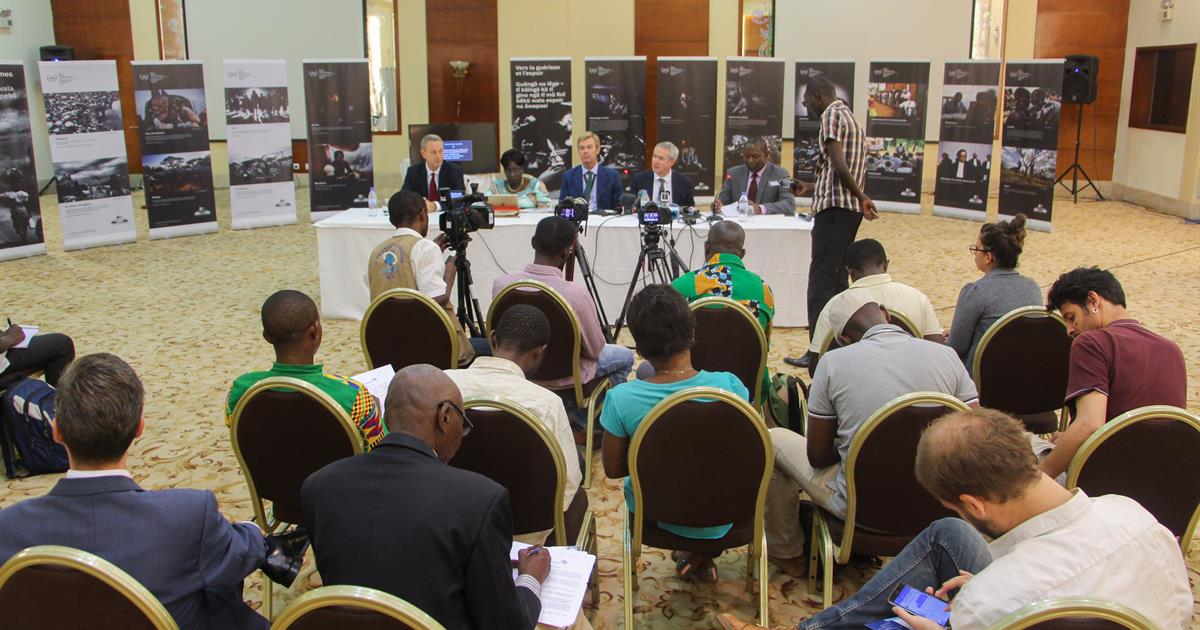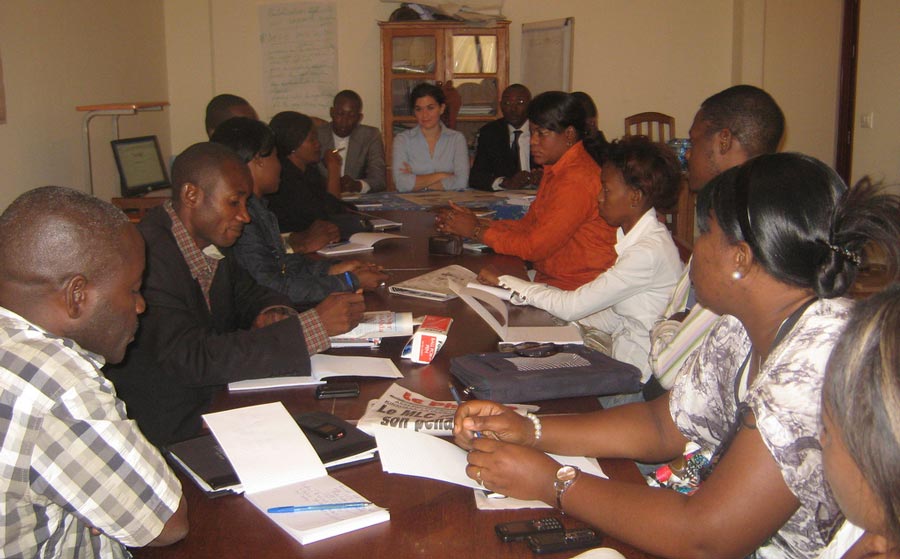No matter how far victims might be from the Court, the ICC endeavours to reach out and engage with them and their communities. People most affected by the crimes have the right to understand, to participate in, and to have a sense of ownership of the justice process.
The Court engages with these communities directly, in local languages, holding conversations and consultations, responding to questions, addressing concerns and providing people with information to promote understanding throughout the stages of the judicial proceedings.
In addition to communities affected by crimes, the Court engages with local media as well as legal and academic communities. The Court also works with local intermediaries, particularly civil society groups such as NGOs, who support its activities in the field and strengthen the Court's capacity to engage with communities affected by crimes.
Affected Communities

As an international rather than national or local court, the ICC is not on the doorstep of those most affected by the cases it hears. The Court therefore strives to bridge the distance between the Court and these communities and to make its proceedings accessible to them. Outreach holds information sessions for affected communities, and within those communities, specific groups such as community leaders, children and youth, and women. Educational activities for youth take into consideration experiences as child soldiers, those kidnapped or orphaned in conflicts, and those displaced from their homes. Information sessions for women aim to provide a safe and discreet environment in which to discuss gender-specific issues and to empower women to have a voice in the process.
Media

The Court broadcasts TV, radio and other interactive media programmes to communicate with wider populations than it can reach in person. It also offers information sessions to journalists to ensure accurate and in-depth coverage of the ICC's complex legal processes to wide audiences.
Legal communities

Members of the legal community in situation-related countries seek information from the Court in order to strengthen cooperation. Through workshops and information sessions, the Court provides local lawyers and judges with a firm grasp on the procedures laid out in the Court’s legal texts. In this way, they are better equipped to fulfil their country’s duties under the principle of complementarity.
Academic communities

As part of its effort to encourage academic communities to introduce courses on international law and the ICC, the Court hosts local and regional seminars for professors and students of law. Thanks to this initiative, many local universities in situation countries have implemented such courses into their curricula. In this way, the Court will leave a legacy long after its departure from those countries.
Outreach Reports
Also in this section